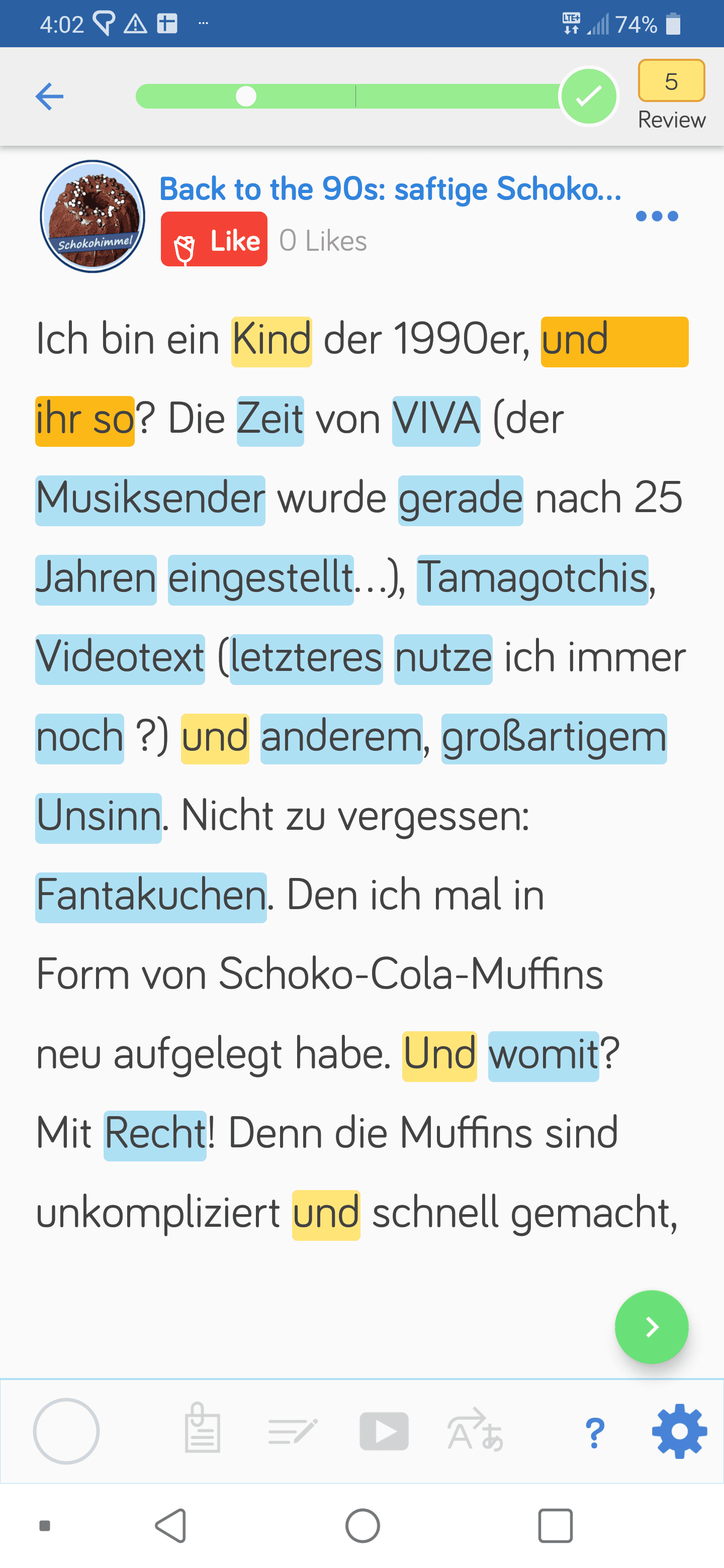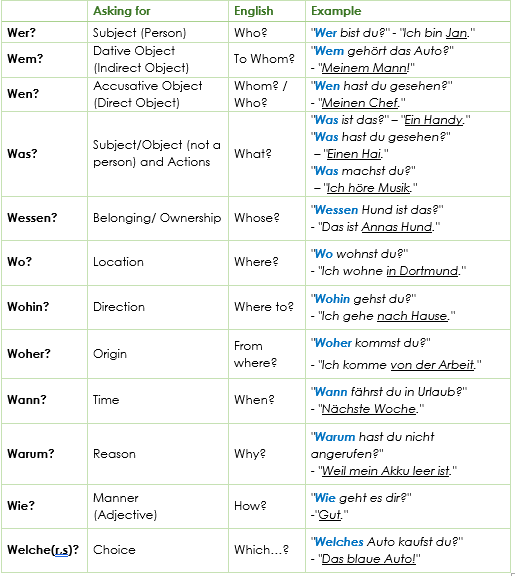German Word For Question - For example, “du bist müde”. In german, questions are formed by moving the verb to the start of the sentence, without the use of auxiliary verbs. The main question words in german are wer (who), was (what), wo (where), wann (when), warum (why), wie (how), and welche/r/s.
For example, “du bist müde”. In german, questions are formed by moving the verb to the start of the sentence, without the use of auxiliary verbs. The main question words in german are wer (who), was (what), wo (where), wann (when), warum (why), wie (how), and welche/r/s.
In german, questions are formed by moving the verb to the start of the sentence, without the use of auxiliary verbs. The main question words in german are wer (who), was (what), wo (where), wann (when), warum (why), wie (how), and welche/r/s. For example, “du bist müde”.
19 Easy Question Words In German For Beginners
For example, “du bist müde”. In german, questions are formed by moving the verb to the start of the sentence, without the use of auxiliary verbs. The main question words in german are wer (who), was (what), wo (where), wann (when), warum (why), wie (how), and welche/r/s.
10 Question Words in German [& How to Use Them] Emma Loves German
For example, “du bist müde”. The main question words in german are wer (who), was (what), wo (where), wann (when), warum (why), wie (how), and welche/r/s. In german, questions are formed by moving the verb to the start of the sentence, without the use of auxiliary verbs.
12 MustKnow German Question Words — Quanta Study
The main question words in german are wer (who), was (what), wo (where), wann (when), warum (why), wie (how), and welche/r/s. For example, “du bist müde”. In german, questions are formed by moving the verb to the start of the sentence, without the use of auxiliary verbs.
German Basics Word Search German words, Learning german worksheets
For example, “du bist müde”. The main question words in german are wer (who), was (what), wo (where), wann (when), warum (why), wie (how), and welche/r/s. In german, questions are formed by moving the verb to the start of the sentence, without the use of auxiliary verbs.
German 1 (A1) Question Word foldable (outside) Spanish Interactive
For example, “du bist müde”. In german, questions are formed by moving the verb to the start of the sentence, without the use of auxiliary verbs. The main question words in german are wer (who), was (what), wo (where), wann (when), warum (why), wie (how), and welche/r/s.
German Question German Language Discussion
The main question words in german are wer (who), was (what), wo (where), wann (when), warum (why), wie (how), and welche/r/s. In german, questions are formed by moving the verb to the start of the sentence, without the use of auxiliary verbs. For example, “du bist müde”.
10 Question Words in German [& How to Use Them] Emma Loves German
For example, “du bist müde”. The main question words in german are wer (who), was (what), wo (where), wann (when), warum (why), wie (how), and welche/r/s. In german, questions are formed by moving the verb to the start of the sentence, without the use of auxiliary verbs.
10 Question Words in German [& How to Use Them] Emma Loves German
For example, “du bist müde”. The main question words in german are wer (who), was (what), wo (where), wann (when), warum (why), wie (how), and welche/r/s. In german, questions are formed by moving the verb to the start of the sentence, without the use of auxiliary verbs.
Getting to Know the German Question Words And Their Disguises LingQ Blog
In german, questions are formed by moving the verb to the start of the sentence, without the use of auxiliary verbs. The main question words in german are wer (who), was (what), wo (where), wann (when), warum (why), wie (how), and welche/r/s. For example, “du bist müde”.
In German, Questions Are Formed By Moving The Verb To The Start Of The Sentence, Without The Use Of Auxiliary Verbs.
For example, “du bist müde”. The main question words in german are wer (who), was (what), wo (where), wann (when), warum (why), wie (how), and welche/r/s.
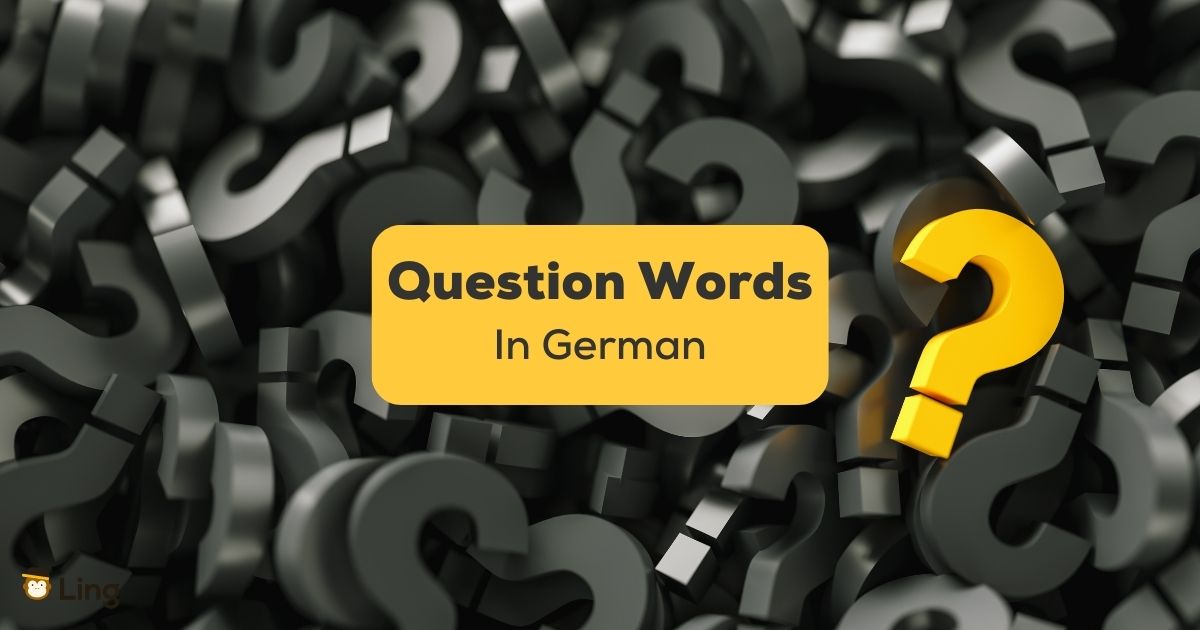
![10 Question Words in German [& How to Use Them] Emma Loves German](https://emmalovesgerman.com/wp-content/uploads/2022/11/Question-words.jpg)
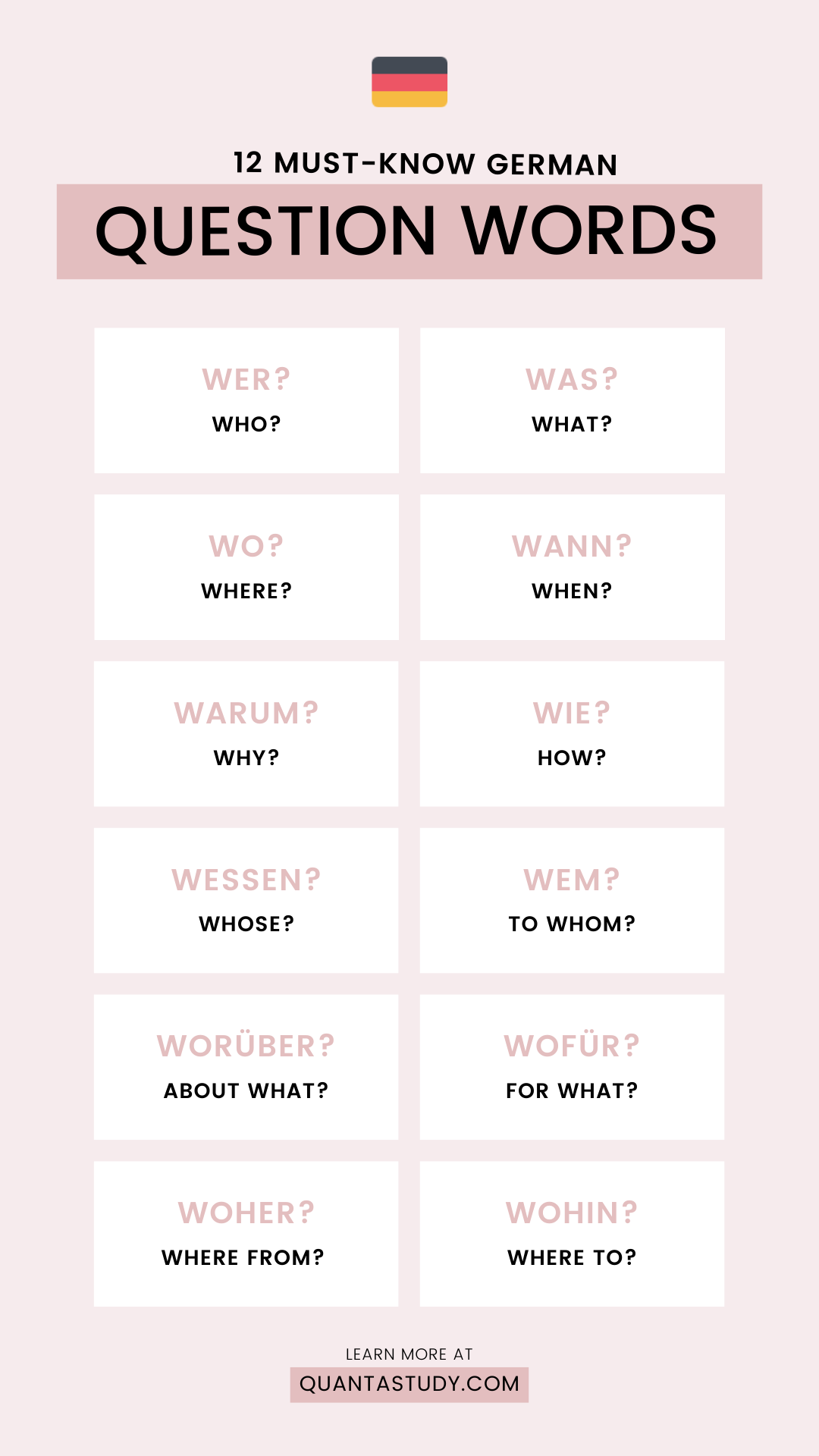


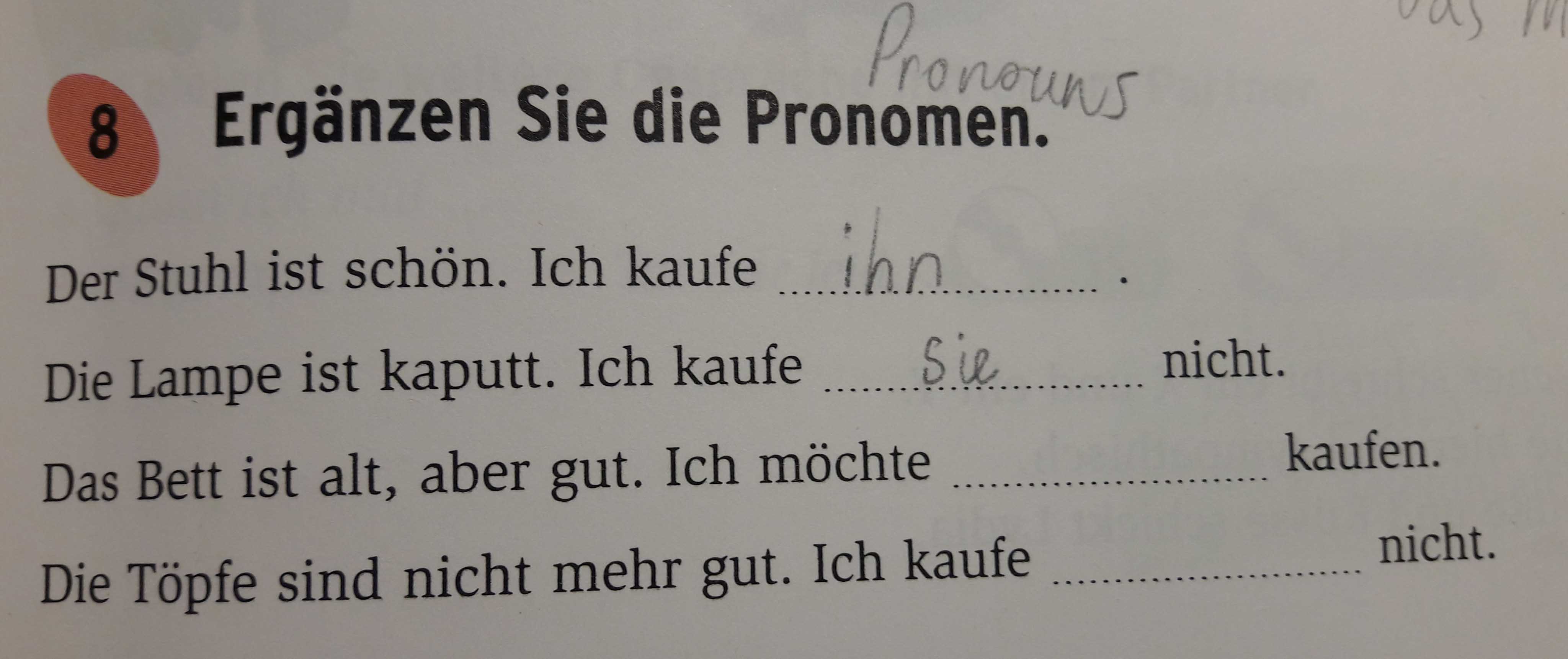
![10 Question Words in German [& How to Use Them] Emma Loves German](https://emmalovesgerman.com/wp-content/uploads/2024/03/New-GSS-CS-mockup-2048x1229.png)
![10 Question Words in German [& How to Use Them] Emma Loves German](https://emmalovesgerman.com/wp-content/uploads/2021/07/questions.jpg)
